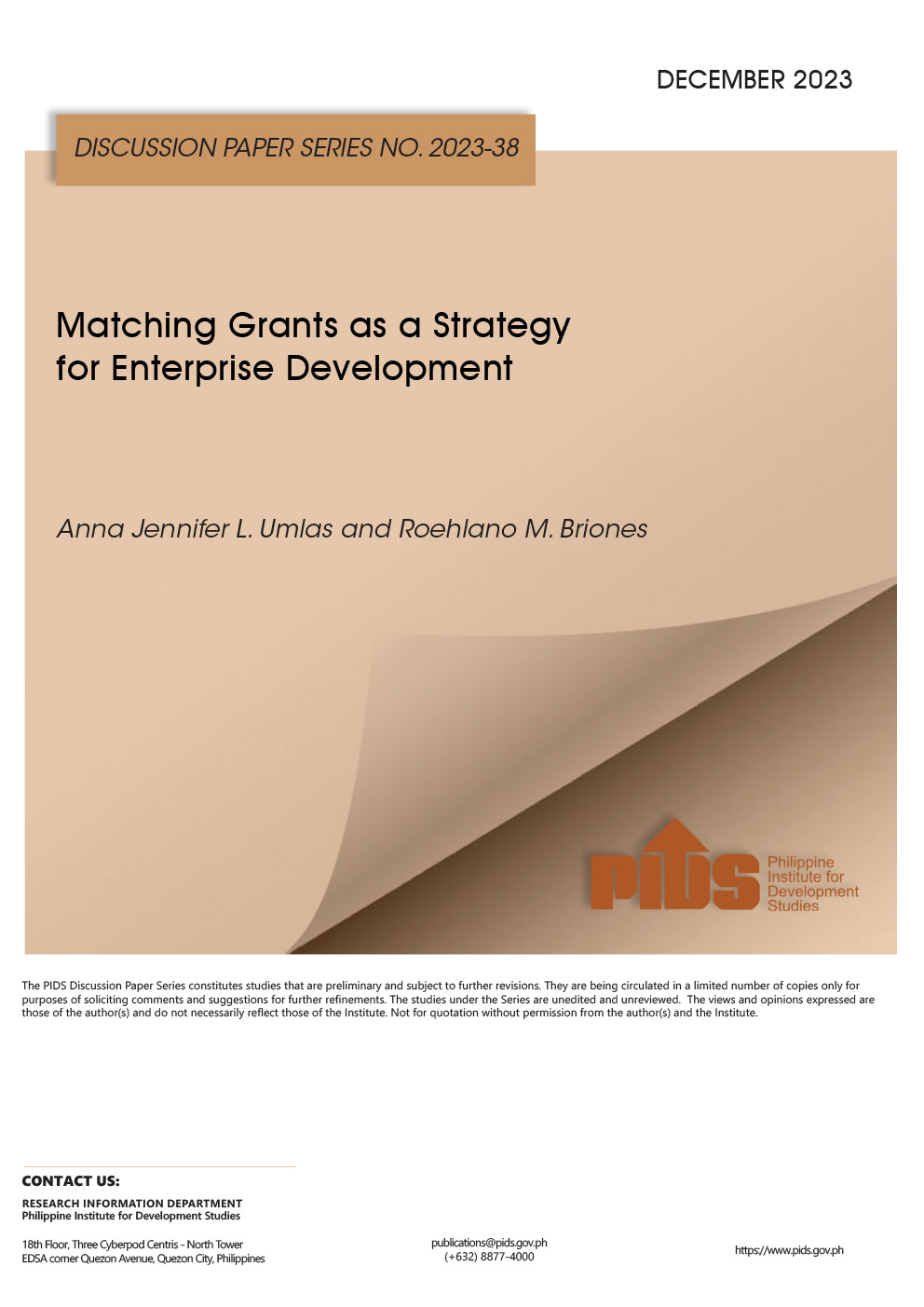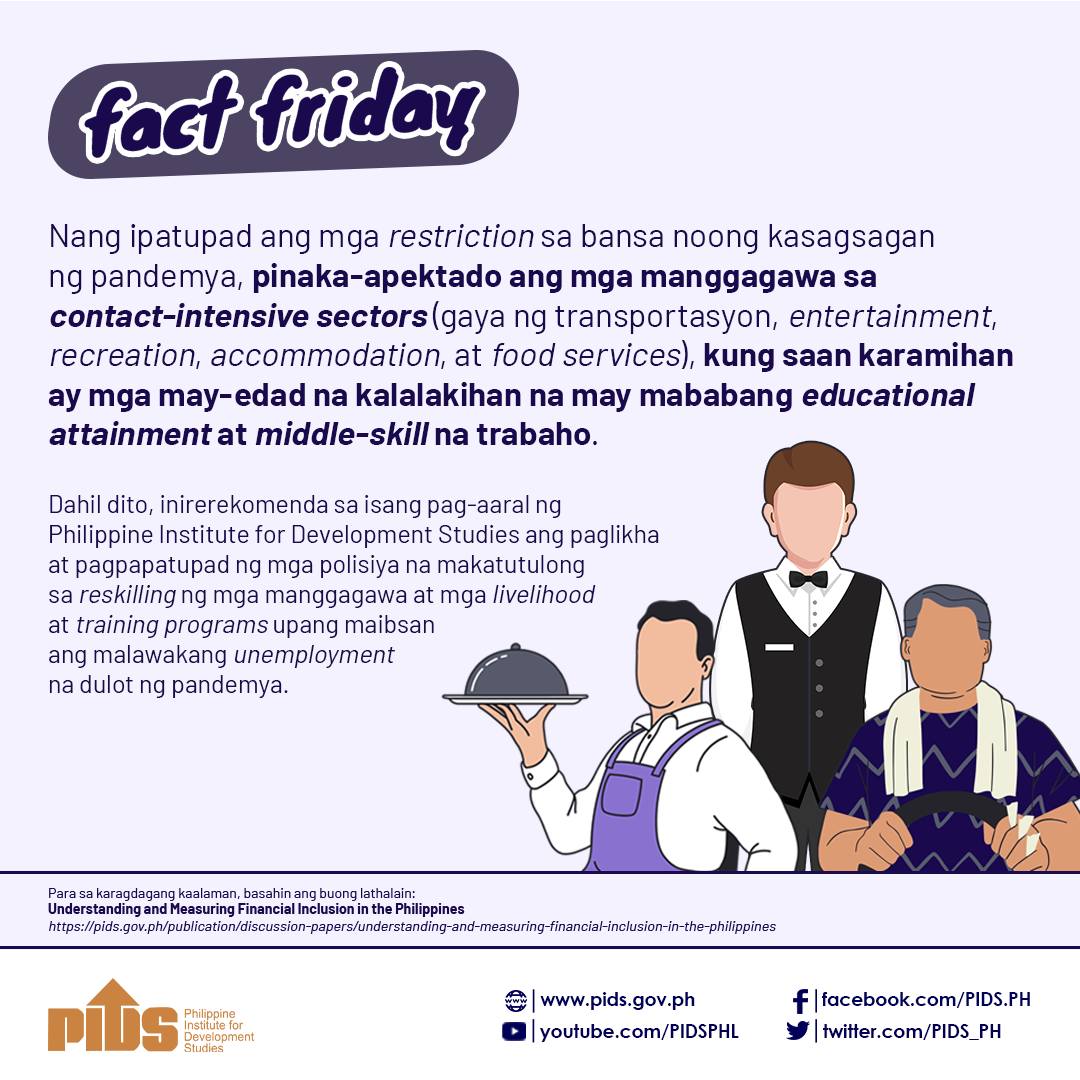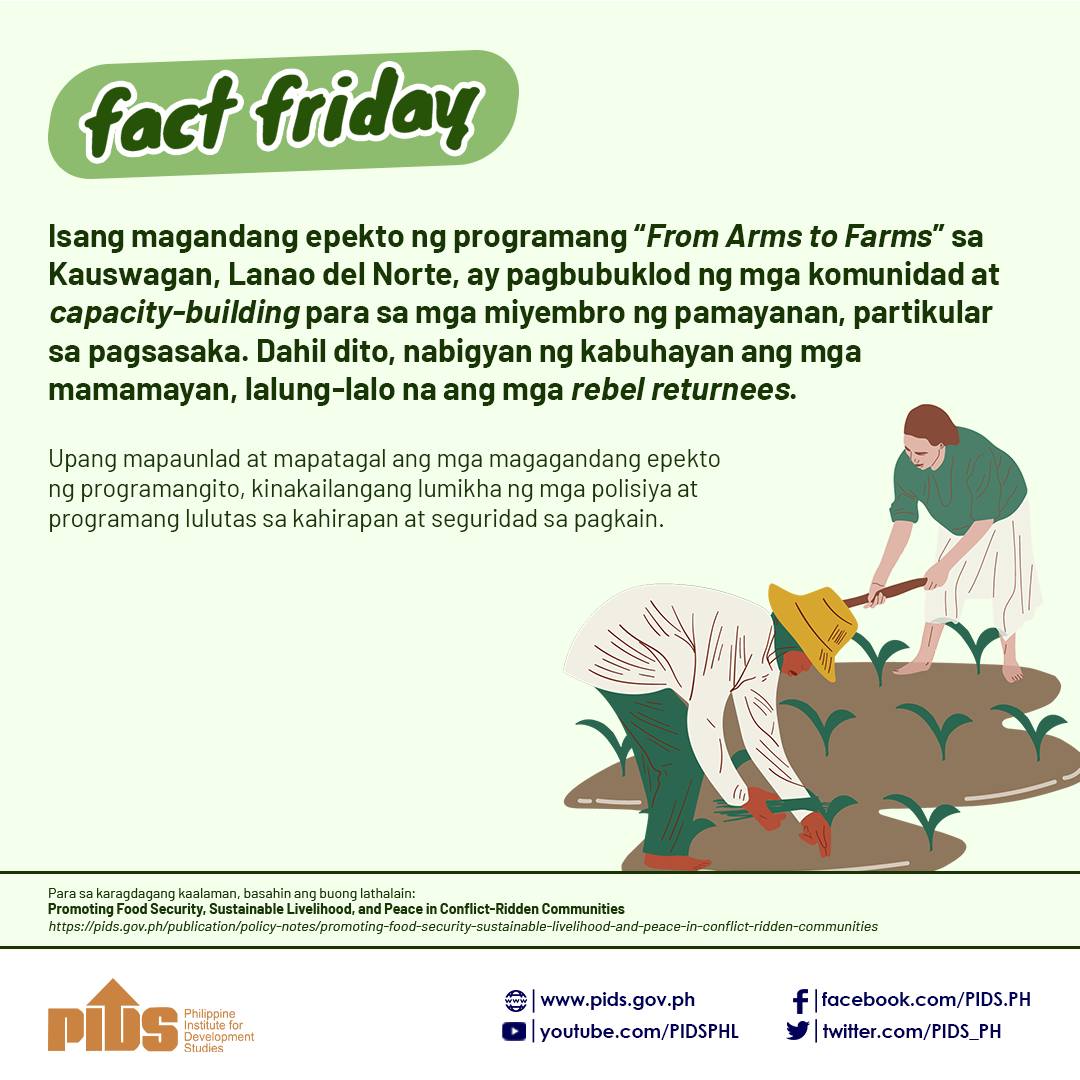THE President Marcos Jr.-led National Economic and Development Authority (Neda) Board on Thursday approved the extension of reduced tariff rates on key commodities until the end of 2024 to keep local food prices stable amid the volatile supply situation.
In a press briefing, Socioeconomic Planning Secretary Arsenio M. Balisacan disclosed that the Neda Board at its Thursday meeting greenlit the extension of reduced tariffs rates on pork, rice, and corn under Executive Order (EO) 10.
Balisacan explained that the primary considerations of the Neda Board in extending the lower tariff rates were the insufficient domestic production coupled by world food prices that continue to remain elevated.
“The review of the CTRM (Committee on Tariff and Related Matters) [showed] that there are continuing challenges in the global markets and there are remaining supply issues. In the case of swine, for example, I mentioned the continuing spread of ASF [African swine fever],” he said.
“With respect to corn and rice, we still see shortages, meaning demand [exceeds] production. The shortage would have to be sourced from imports but world prices continue to be elevated. To reduce the impact of high prices coming from imported products, we have to extend the validity of the reduced tariffs,” he added.
With the approval, the tariff rates on the following commodities will remain until end-2024: 15 percent and 25 percent for in-quota and out-quota pork imports, respectively; 5 percent and 15 percent for in-quota and out-quota corn imports; and a 35-percent uniform rate for rice imports.
The extended tariff rates will be formalized through the issuance of an EO by the President.
In his capacity as chief executive, Marcos can exercise his power to modify tariff rates when the Congress is not in session.
Marcos can issue the EO as early as December 16 to extend the reduced tariff rates. He has until January 21 to do so.
However, the lower tariff rates under EO 10 would only be effective until the end of this year.
‘Great decision’
The extension of the lower tariff rates on the three commodities was seen in some quarters as a step in the right direction to stabilize domestic food prices and arrest any possible price spikes.
“That is great, a much-needed move given that international prices of key food items are elevated. There is also continued uncertainty due to the combined impacts of conflicts in Ukraine and Israel, plus the worsening threat of drought,” Monetary Board member V. Bruce J. Tolentino told the BusinessMirror.
Roehlano M. Briones, senior research fellow at Philippine Institute for Development Studies (PIDS), said the administration made a “great decision” in extending the lower tariff rates.
“I hope they push through with the variable tariff scheme notwithstanding WTO [World Trade Organization] qualms,” Briones told the BusinessMirror.
Balisacan earlier floated the idea of implementing a flexible tariff scheme as a mitigating measure against the anticipated ill effects of El Niño on domestic food production. (Related story: https://businessmirror.com.ph/2023/12/14/government-eyes-flexible-tariff-rates-to-ease-inflation/)
Meat Importers and Traders Association President Emeritus Jesus C. Cham said the extension of the lower pork tariffs is a “wonderful Christmas gift to the Filipino people.”
“We look forward to the issuance of the new EO soonest in order to avoid unnecessary delays at Customs,” Cham told the BusinessMirror.
Cham also proposed that the semestral review of the tariff rates next year to be done in a “timely manner” to avoid unnecessary disruptions in the country’s meat trade.
He thinks “tariff hearings that may be needed can be held early in the third quarter. Decisions on tariff rates can then be announced within [the third quarter]. This will enable importers to better plan purchases and arrivals.”
Need for countervailing
However, Ateneo de Manila University economist Leonardo Lanzona cautioned that extending the lower tariff rates would have “negative impacts” on local producers of pork, corn and rice.
Lanzona proposed that the government bankroll a program to “mitigate” the negative effects of lower tariff rates on local food producers.
“The government should have a countervailing program for producers to mitigate these negative effects,” Lanzona told the BusinessMirror.
He urged the government to increase the tariffs on coal if it is “serious” in “enhancing” the green sector and “limiting” extreme weather conditions.
“The case for coal is different. If we are serious about enhancing the green sector and limiting extreme weather conditions, then reducing tariffs for coal will be disastrous. The government should raise tariffs on coal, and find other sources of energy for consumption,” he said.
Under Marcos’s EO 10, the tariff rate on imported coal stays at zero even beyond this year.
The Federation of Free Farmers (FFF) earlier told the BusinessMirror that the lower tariff rates on rice imports should no longer be extended since the reduced rates did not benefit consumers.
FFF was an oppositor during the Tariff Commission hearing on the proposal to extend EO 10 by the economic managers. (Related story: https://businessmirror.com.ph/2023/12/07/ctrm-wants-to-keep-low-tariffs-on-food/)
FFF said the lower rice tariff rates diminished the national government’s possible tariff collection from rice imports that could have gone to the fund pool earmarked to local rice farmers.












